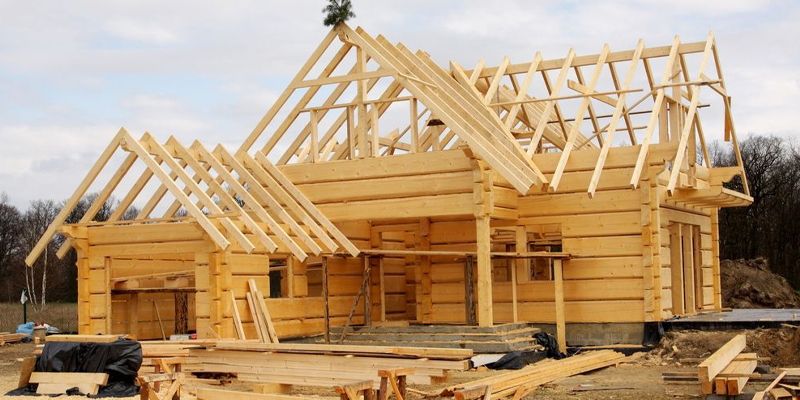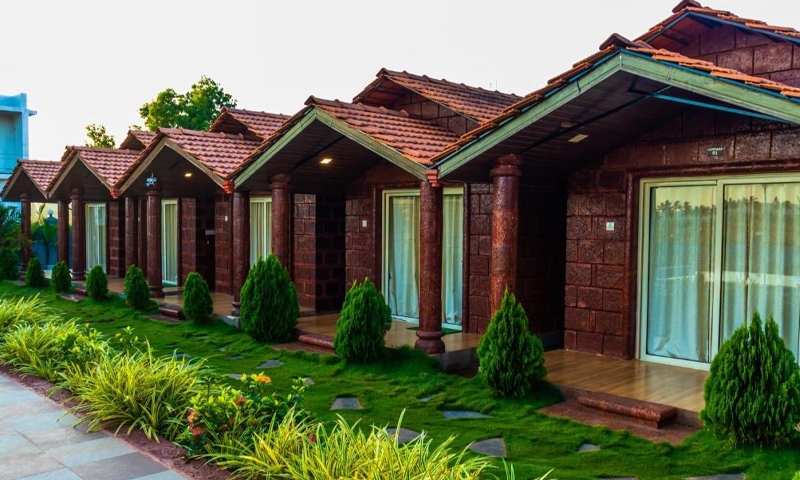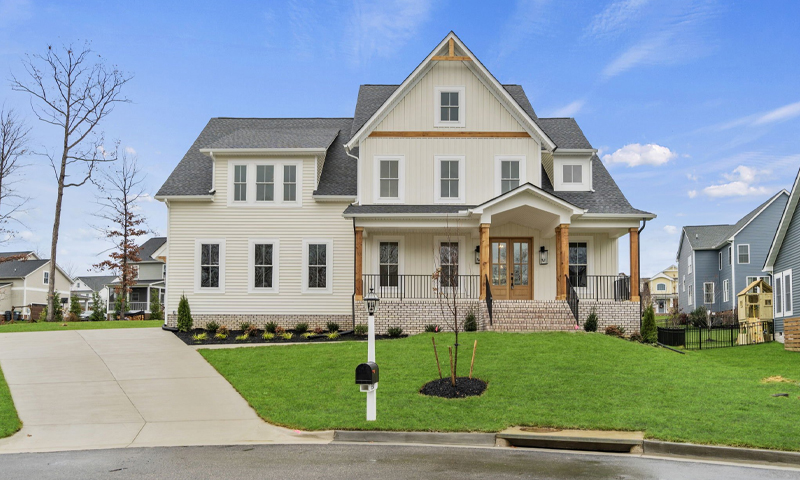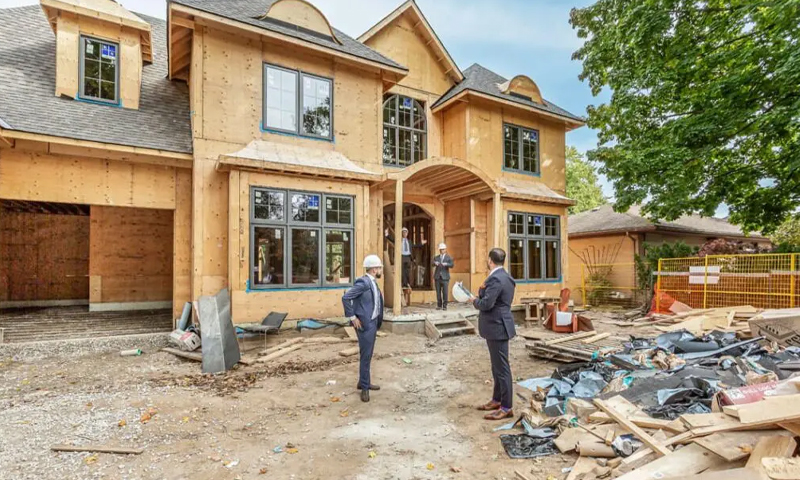Building a Cottage Near Toronto: What You Need to Know
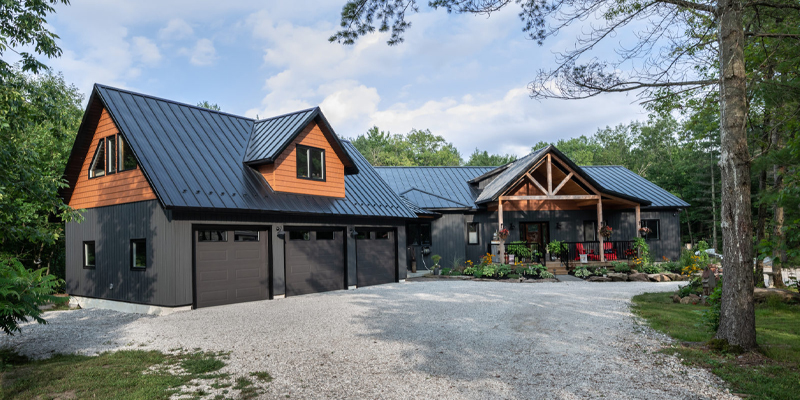
Toronto’s busy city life frequently makes residents long for a tranquil escape from the noise and crowds. For many, having a cottage near the city is an ideal way to enjoy both relaxation and city life. Whether you’re looking for a weekend retreat or a long-term holiday home, there are several key factors to keep in mind. This guide covers everything you need to know about building a cottage near a city, including choosing the ideal location, budgeting, and finding the right cottage builders Toronto to bring your vision to life.
1. Choosing the Right Location
The most important first step in building a cottage with cottage builders Toronto is selecting the perfect location. Popular options include Muskoka, Kawartha Lakes, Georgian Bay, and Haliburton Highlands, each with its own distinct scenery, amenities, and pricing.
Key Considerations for Location Selection:
- Proximity to the city: If you want a convenient weekend retreat, look for properties within a 2–3 hour drive from Toronto.
- Waterfront vs. Inland: Waterfront properties offer stunning views and recreational activities like boating and fishing, but they come at a premium price.
- Road Access & Utilities: Some remote locations may lack year-round road access or essential utilities like water, electricity, and internet.
- Zoning & Permits: Local zoning laws will dictate what kind of cottage you can build, so research municipal regulations before purchasing land.
2. Understanding Zoning and Building Regulations
Before buying land, it’s crucial to understand zoning laws and building regulations in your selected area. These rules determine the type of structures allowed and how the land can be utilized. Cottage builders Toronto are well-versed in these guidelines and can assist in ensuring compliance.
Important aspects to review include:
- Land Use Designation – Ensure the land is zoned for residential or recreational use.
- Setback Requirements – Minimum distance requirements from the shoreline, roads, and neighbouring properties.
- Environmental Restrictions – Some areas have strict environmental protection rules to preserve natural habitats.
- Building Permits – Every construction project requires approval from the local municipality, including permits for site preparation, building, plumbing, and septic systems.
3. Budgeting for Your Cottage Build
Constructing a cottage demands a carefully planned budget that accounts for more than just building costs—it also includes land acquisition, permits, and ongoing maintenance. Cottage builders Toronto can help you understand cost structures and ensure financial efficiency.
Key Budgeting Factors:
- Land Purchase – Prices vary widely depending on location and whether the land is waterfront or inland.
- Construction Costs – The budget depends on the design, materials, and finishes you choose. Cottage builders Toronto can guide you on cost-effective solutions.
- Utility Installation – If the land lacks essential utilities, you’ll need to budget for well water, septic systems, and hydro connections.
- Permits and Fees – Expect to pay for various permits, municipal development charges, and environmental assessments.
- Furnishings and Landscaping – Once construction is complete, you’ll need to invest in interiors and outdoor spaces.
4. Obtaining Permits and Approvals
Before beginning construction, you must secure the required permits and approvals from local authorities. Cottage builders Toronto can streamline this process by handling the paperwork and ensuring compliance.
Essential Permits Include:
- Building Permits – Necessary for all new builds or significant renovations.
- Environmental Permits – If your cottage is near water or in a protected area, additional environmental assessments may be necessary.
- Septic & Well Approvals – Required for properties not connected to municipal water and sewage systems.
- Electrical & Plumbing Inspections – Ensuring installations meet Ontario Building Code requirements.
5. Designing Your Cottage
After securing the necessary permits, you can begin designing your dream retreat. Cottage builders Toronto offer customized designs to match your lifestyle, budget, and future plans.
Key Design Considerations:
- Size & Layout – Consider the number of bedrooms, bathrooms, and living spaces based on your needs.
- Energy Efficiency – Opt for high-quality insulation, solar panels, and energy-efficient windows to reduce long-term costs.
- Building Materials – Choose durable, weather-resistant materials suited to Ontario’s climate.
- Outdoor Spaces – Decks, patios, and docks enhance the experience of cottage living.
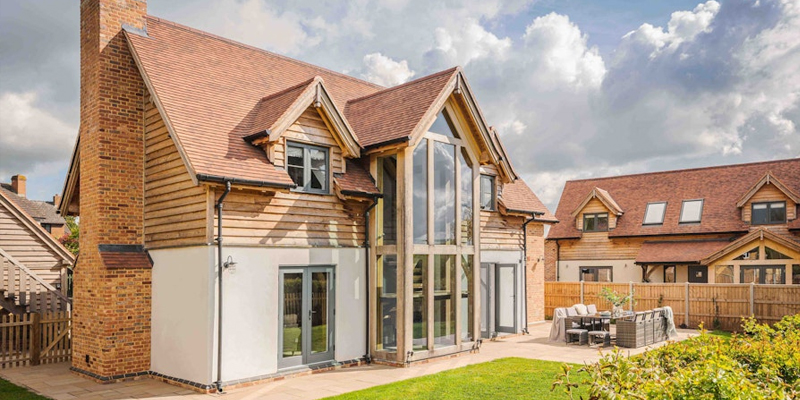
6. Choosing a Cottage Builder
Selecting the right cottage builders Toronto ensures quality construction and a smooth building experience.
What to Look for in a Builder:
- Experience – Choose builders with expertise in cottage construction in Ontario.
- Portfolio & References – Review past projects and speak with previous clients.
- Licensing & Insurance – Ensure they are licensed and covered under Ontario’s Tarion Warranty program.
- Transparent Pricing – A reliable builder should provide a clear and detailed quote.
7. Managing Construction Timeline
Building a cottage can take anywhere from six months to over a year. Cottage builders Toronto can provide a detailed timeline and manage delays efficiently.
General Timeline:
- Land Purchase & Design Phase (2-4 months) – Securing land, designing the cottage, and obtaining permits.
- Site Preparation & Foundation (1-2 months) – Clearing land, laying foundation, and setting up utilities.
- Framing & Roofing (2-3 months) – Constructing the main structure and enclosing the building.
- Interior Work (3-6 months) – Plumbing, electrical work, insulation, flooring, cabinetry, and final inspections.
8. Utilities & Infrastructure
Many cottages near Toronto require alternative solutions for utilities. Cottage builders Toronto can help implement effective infrastructure solutions.
Common Utility Solutions:
- Septic Systems – Required for wastewater management in off-grid locations.
- Well Water – Drilled wells provide a water source for rural properties.
- Off-Grid Power – Solar panels, generators, and battery storage systems provide energy in remote areas.
- Internet & Connectivity – Satellite or rural broadband services may be needed.
9. Long-Term Maintenance & Ownership Costs
Owning a cottage involves ongoing responsibilities that extend beyond the initial construction expenses. Cottage builders Toronto can suggest low-maintenance designs to reduce costs.
Recurring Expenses:
- Property Taxes – Costs depend on the property’s location and assessed value.
- Insurance – Higher for waterfront and remote properties due to risks like flooding and fire.
- Seasonal Maintenance – Snow removal, lawn care, and pest control.
- Security Measures – Alarm systems or cameras for remote cottages.
10. Renting Out Your Cottage
Renting out your cottage can generate income. Cottage builders Toronto can incorporate rental-friendly designs into your build.
Steps to Rent Your Cottage:
- Obtain necessary rental permits.
- Set up a reliable cleaning and maintenance plan.
- Ensure safety measures like smoke detectors and emergency exits are in place.
Conclusion
Constructing a cottage near Toronto is a valuable investment, offering both a personal getaway and potential financial benefits. By choosing the right location, managing your budget effectively, and collaborating with skilled cottage builders Toronto, you can ensure a seamless building experience and lasting enjoyment. Whether you envision a serene lakeside retreat or a charming forest hideaway, careful planning will help you create the ideal cottage for relaxation and cherished memories for years to come.
